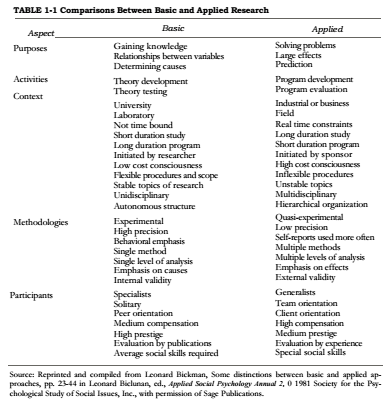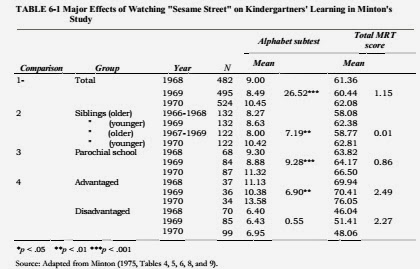CHAPTER 1-Ind

CHAPTER 1 Applying Social Psychology—Typical Features, Roles, and Problems Oskamp, S., & Schultz, P. W. (1998). Applied social psychology . Englewood Cliffs., NJ: Prentice-Hall. Examples of Applied Social Psychology A Definition of Applied Social Psychology Divisions of the Field Typical Features of Applied Social Psychology A Problem Orientation A Value Orientation Social Utility A Focus on Social Situations A Broad Approach Field Settings Practical Considerations Basic Versus Applied Science Uses of Theory in Applied Work Roles and Activities Research Evaluation Consultation and Change Agentry Policy Advice Management of Organizations Social Activism Is Social Psychology Really Applicable? Has Social Psychology Been Applied? The Applied Versus Theoretical Conflict Should Social Psychology Be Experimental? Can Social Science Influence Public Policy? Other Responses Concerning Applicability...

